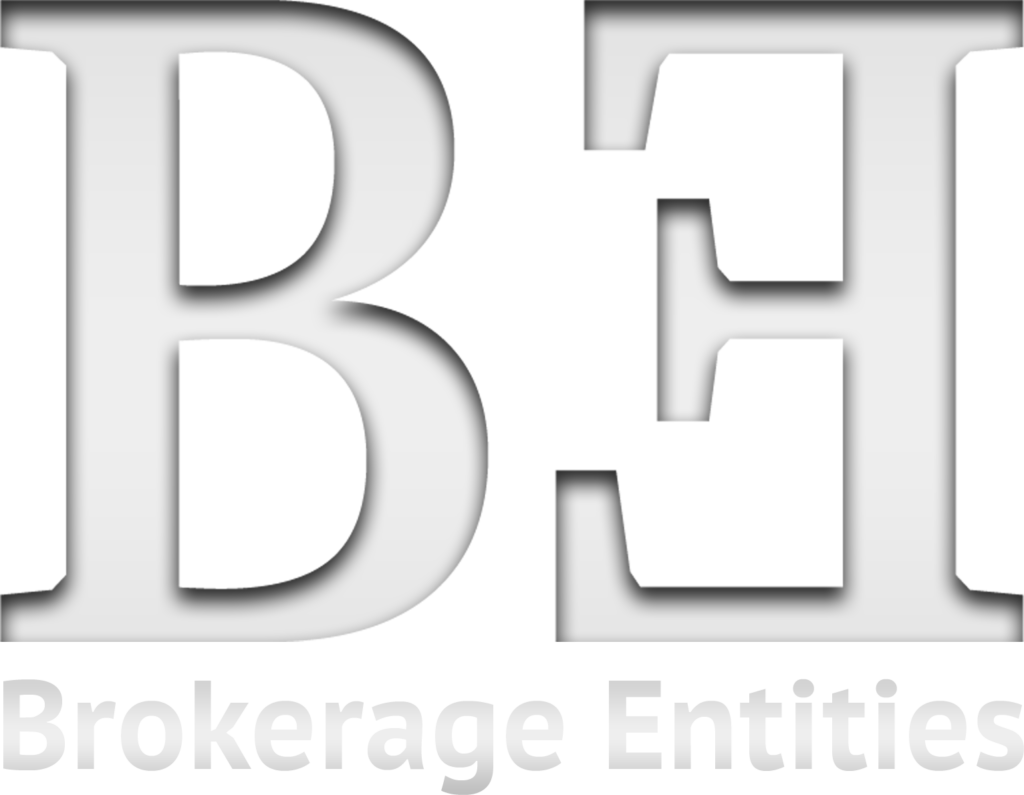ASIC today issued a report on the results from its audit firm inspections for the period 1 January 2017 to 30 June 2018.
ASIC conducted inspections of 20 Australian audit firms of varying sizes. In 24% of the total 347 key audit areas that ASIC reviewed across 98 audit files, auditors did not, in our view, obtain reasonable assurance that the financial report was free from material misstatement. This compares to 25% of 390 key audit areas in the previous 18-month period ended 31 December 2016.
In reviews of the audit files at the six largest firms (included in the figures above), ASIC found in 20% of the key audit areas, auditors did not, in our view, obtain reasonable assurance that the financial report was free from material misstatement. This compares to 23% in the previous 18-month period, ended 31 December 2016, and represents a welcome reduction in the level of findings.
ASIC Commissioner John Price said ‘We recognise the efforts by firms to improve audit quality and the consistency of audit execution, which is reflected in some improvements in findings collectively for the largest six firms. However, the overall level of findings still suggests that further work and, in some cases, new or revised strategies, are needed to improve quality.’
ASIC’s findings do not necessarily mean that the financial reports audited were materially misstated. Rather, in our view, the auditor may not have a sufficient basis to support their opinion on the financial report.
Directors are primarily responsible for the quality of the financial report. Audit quality supports financial reporting quality, and it is in the interests of directors and audit committees to support the audit process.
Our inspections look at a limited number of files and focus on higher risk audit areas and so caution is needed in generalising the results across the entire market. We generally select some of the more complex, demanding and challenging audits, and some more significant or higher risk areas of the financial reports.
ASIC believes sustainable improvements in audit quality require a focus on culture and talent by firms. In particular:
all partners and staff should embrace the need to improve audit quality and the consistency of audit execution;
partners and staff should understand and be accountable for their roles in conducting quality audits; and
firm leadership should give strong, genuine and consistent messages to partners and staff that audit quality is not negotiable, and this should be supported by holding individuals to account for inadequate audit work.
Audit engagement partners should:
spend significant time at the audited entities to understand the business and risks, engage with directors and management, and involve themselves in risk areas of the audit on a timely and comprehensive basis;
work directly with the audit team on risk areas to ensure timely and quality audit work, apply their knowledge and experience throughout the audit process and upskill staff; and
undertake comprehensive reviews of the audit files at the premises of audited entities, focusing on possible risk areas.
While ASIC has seen some improvement in the level of findings in the audit of asset values and revenue, these areas continue to record the highest level of findings from our reviews and should continue to be a focus for firms to make sustainable improvements.

